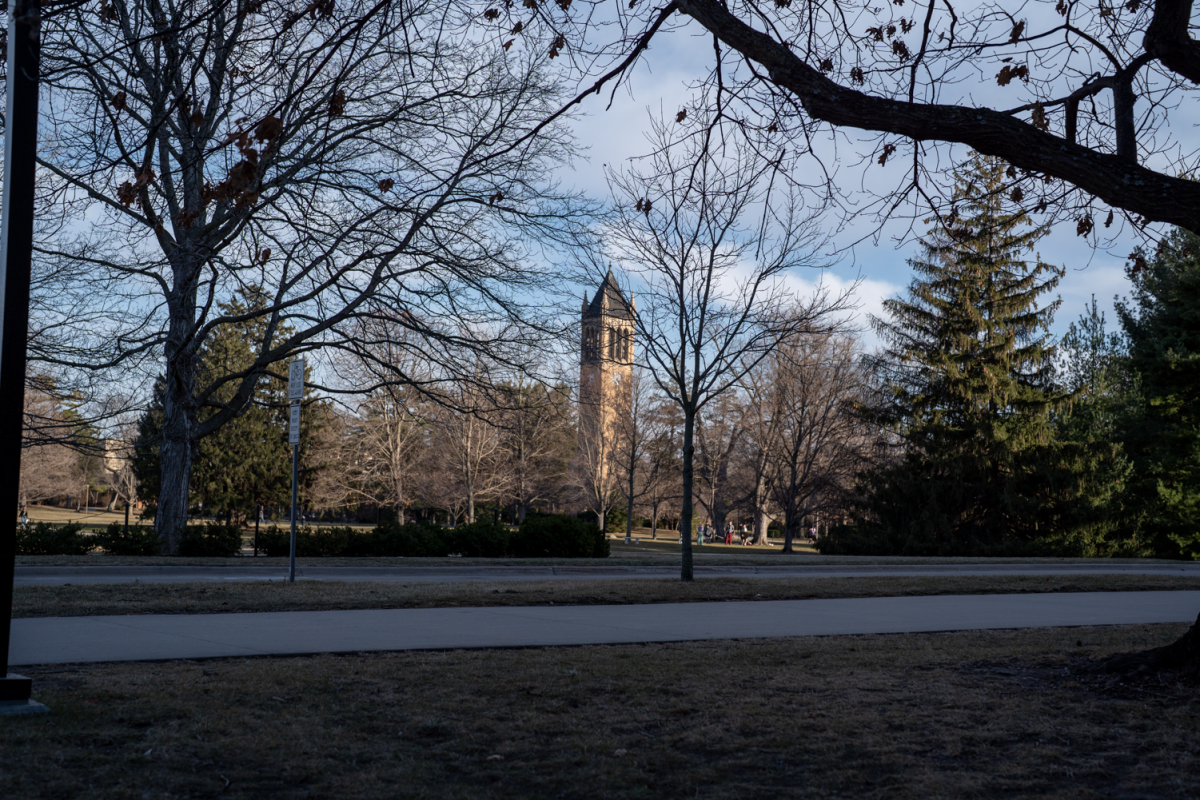COLUMN:Stopping immigration won’t end terror
December 4, 2001
I’ve come to expect something in my e-mail – spam in the form of free vacations, fixing my credit or the overwhelming piles of hot live girls, “just for me and me alone,” [email protected].
But once in a while I get a strange e-mail that actually catches my eye such as, “Immigration time-out a good idea.” Somehow I have managed to get onto yet another mailing list, but as I took the time to read through it, what I found was something of a shock.
On, Nov. 25, during what was apparently a rousing session of the McLaughlin Group, John McLaughlin asked the members of the roundtable if “a temporary moratorium on immigration is needed to help America fix its broken immigration system.”
While the opposing members of the roundtable were to the point when answering “no,” McLaughlin took this a step further, improperly using analogy to prove his own point. His claim was that immigration is like a faucet running into a skin (the system) and when the skin is stopped up (immigration troubles) a sane person turns the faucet off, before mopping up the floor.
McLaughlin isn’t the only one voicing this same sentiment. Groups around the country are making claims that “after the wake of Sept. 11, we must fix our broken immigration system.”
An internal link or three seems to be missing from the equation, as well as any possible way to solve the problem.
The first claim that the immigration system is broken stems from the idea that since the terrorists were from other countries, stopping immigration will then stop all terrorism.
This doesn’t account for any of the people that are already in the country, but such an issue was already addressed when Sen. Dianne Feinstein (D-Calif.) suggested the suspension of student visas for a six-month period.
This was due to the fact that more than 16,000 visas were given to students from the countries that are “hotbeds of anti-U.S. terrorism.”
Both “solutions” seem to be thinly veiled attempts at justified racism in the United States, akin to the death camps created during WWII that “protected the U.S. from the Japanese.”
Both ideas are but a stone’s throw away to building a giant wall between the United States and Mexico to keep out “those people.”
The next claim made by immigration-ban advocates is that we have been going through a long wave of immigration and need to allow a lull period to take place so that all the immigrants are given enough time to assimilate.
Despite its attempt to play the part of the humanitarian the claim has little substance. The two great waves of immigration that account for the majority of people now living in the United States were followed by lulls, but this hardly allowed for assimilation.
Each group clustered together as it arrived, to keep its identity, while seeking the freedom we provided.
This trend continues today. Groups often self-segregate themselves for the same reason that ethnic groups have been doing it since the first settlers began to arrive. This allows people to have others around them that they can communicate with and also help them to fit into the new society.
Even in all this though, the groups and individuals fail to give a single solution to the immigration policy other than to say “it needs fixed.”
These same people cite that the number of people to be deported “running loose” vastly overwhelms the number of immigration agents available. So one possibility is to give immigration agents a chance to round up these people. This, however, doesn’t solve the issue of illegal immigration that will continue during the temporary ban on legal immigration, another issue that seems to be important to groups like ProjectUSA.
Sure there are holes in our immigration system that need work. But the killing of American citizens by a few non-citizens should not be used to justify discrimination against all people who weren’t born here.
Blaine Moyle is a junior in English from Des Moines.
















